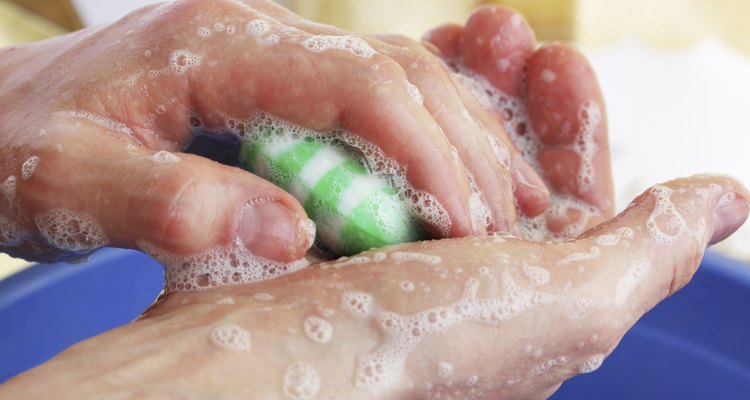
Mallivan/iStock/Getty Images
The Scoop on Soap
Whether you are relaxing in a luxurious bathtub or soothing your tired muscles in a vigorous shower, it is likely that you will also lather up with your favorite soap. The lathering process is simple, and is dependent on several factors that can either make or break the soap lathering experience.
Soap Molecules
The molecules that are found in soap play a large role in the lathering process. In fact, soap is actually made up of two different types of molecules: those that are attracted to water and others that are attracted to oil. When soap molecules and water are combined with friction, lathering usually occurs.
It Takes Friction
Friction can be caused by rubbing a bar of soap against a wet washcloth, wet scrubby or a wet body. But it is important to note that even liquid soap will lather with friction. The friction causes pockets of air to develop, and each of the air pockets become coated by the oil in the soap. The oil that coats the air bubbles is also attracted to dirt and will trap dirt molecules as it lathers.
Coconut Oil
Soaps that have high coconut oil contents lather well; however, coconut oil can be irritating to the skin. Therefore, it is better used in soaps that are meant for hand washing as opposed to the sensitive parts of the body. Soaps that contain palm kernel or castor oil bases create smooth, moisturizing lather bubbles but do not lather as easily as coconut oil-based soaps.
Hard Water
Hard water minerals that are in your tap water may be safe to drink, but that doesn’t mean that you necessarily want them in your shower. In fact, hard water can make soap lathering difficult to achieve. And without a good lather, your skin won’t feel as clean as it should. Minerals such as calcium can react with soap molecules and create nothing more than a soap scum ring around the shower or bathtub. It is for this reason that some people will opt to install a water-softening system that removes hard water minerals and helps to promote better soap lathering.
Sweeten With Sugar
If you make your own soap, you can create a superb lather without the addition of extra oil. A teaspoon of sugar added to your soap mixture can boost its lathering properties without drying out your skin.
Related Articles
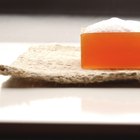
Ingredients of Bar Soap
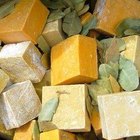
How Does Homemade Soap Compare to ...
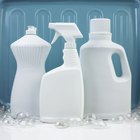
Difference Between Soap & Synthetic ...

What Is the Chemical Composition of ...
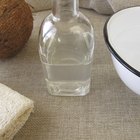
What Is Clear Liquid Coconut Oil?

Ingredients of Fels Naptha

What Are the Benefits of Olive Oil Soap?

Detergents That Soften Hard Water for ...

Olive Oil Soap for Acne

How to Make Body Oil With Glycerin
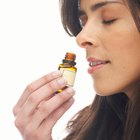
How to Make Slippery Body Oil
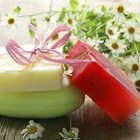
What Is Triple-Milled Soap?
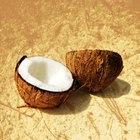
What Does Coconut Acid Do in Soap?
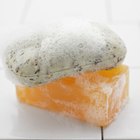
What Are the Functions of Sodium ...

Glycerin Soap Ingredients

What Happens When Oil Reacts With ...
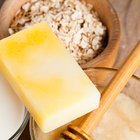
How to Make Honey & Oatmeal Soap
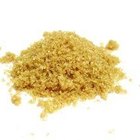
How to Make Sugar Soap

Are There Benefits of Seaweed Soap?

Peppermint Oil for a Cough
References
Writer Bio
Jonae Fredericks started writing in 2007. She also has a background as a licensed cosmetologist and certified skin-care specialist. Jonae Fredericks is a certified paraeducator, presently working in the public education system.
Photo Credits
Mallivan/iStock/Getty Images